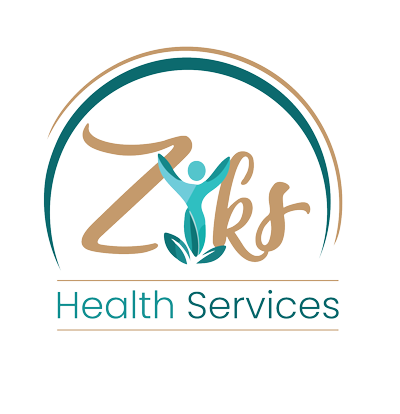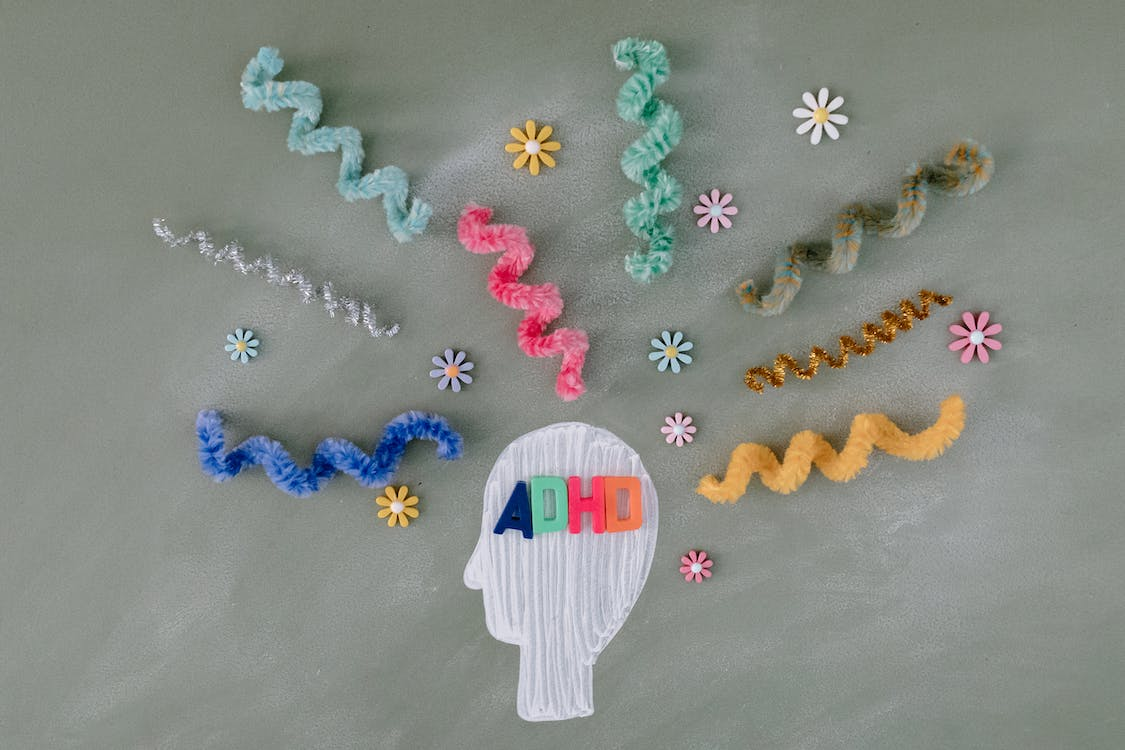What Is ADHD?
Attention deficit hyperactivity disorder, also commonly referred to as ADHD, is a neurodevelopmental disorder that leads to impulsive behaviors, fatigue, difficulty in concentration, attentiveness, and hyperactivity. It can adversely impact an individual’s daily functioning. ADHD is common among both adults and children.
People with ADHD have a hard time focusing on things or a single thing for an extended period. Moreover, they may also experience frequent variations in energy levels and difficulty sitting still. ADHD is typically diagnosed first diagnosed in kids and may last till adulthood.
What Are the Causes of ADHD?
Researchers are examining the underlying causes and risk factors for ADHD in an attempt to improve management and lower the likelihood that someone would get it. Current research indicates that genetics plays a significant role in ADHD. However, the causes and risks are still unclear.
Scientists are researching additional potential causes and risk factors in addition to genetics, such as:
- Exposure to environmental dangers, such as lead, when pregnant or while young
- Low birth weight
- Smoking and drinking when pregnant
- Brain damage
- Premature birth
The widely held beliefs that parenting, excessive television viewing, excessive sugar consumption, or social and environmental variables, including family dysfunction or poverty, contribute to ADHD are not supported by research.
Several factors might exacerbate symptoms, particularly in certain individuals. However, the evidence is insufficient to conclude that these are the primary reasons behind ADHD.
Symptoms of ADHD
It is common for kids with ADHD to struggle with their attention spans and behaviors. However, these behaviors do not just disappear in children with ADHD. The symptoms may persist, be intense, and make it difficult to interact with friends, family, or coworkers.
Here are some common symptoms of ADHD you should know about:
- Having difficulties concentrating or focusing on tasks.
- Being forgetful about doing chores.
- Getting distracted easily.
- Having trouble staying seated and interrupting others when they’re speaking.
- Finding it difficult to wait their turn to speak or interrupt others while they’re playing or working on a task.
- Daydreaming a lot.
- Talking too much.
- Making careless mistakes.
- Having difficulty taking turns.
- Having difficulty in resisting temptations.
Final Word
ADHD is widespread. Sometimes it goes away in childhood, while other times, the symptoms last until adulthood. You should speak to the mental health professionals at Ziks Health Service if you have concerns that your kid may have ADHD. Several therapies can assist kids, teenagers, and adults with ADHD.
Moreover, we have a team of expert specialists who offer various behavioral health services in Dallas, TX, including psychotherapy, medication management, etc., to ensure you get the care you deserve.

